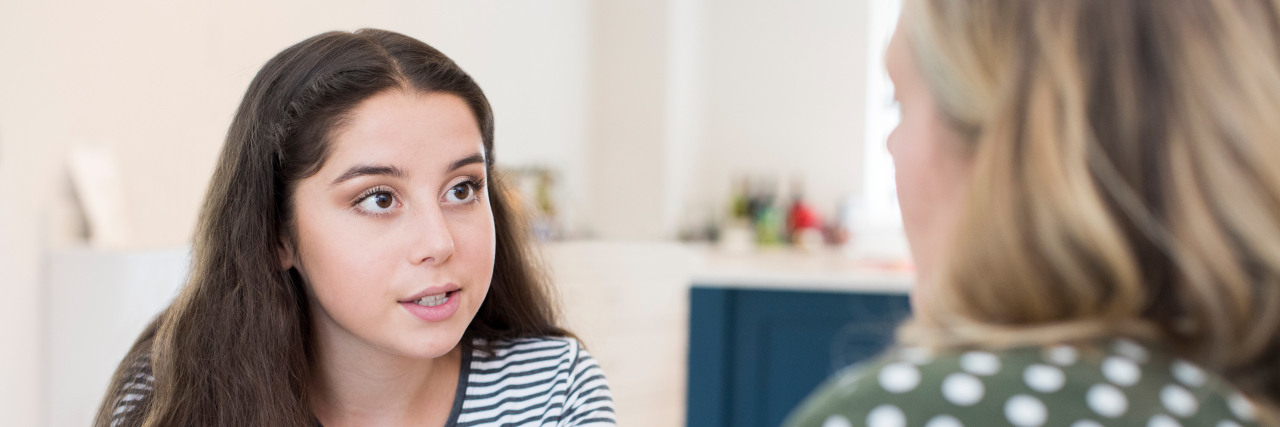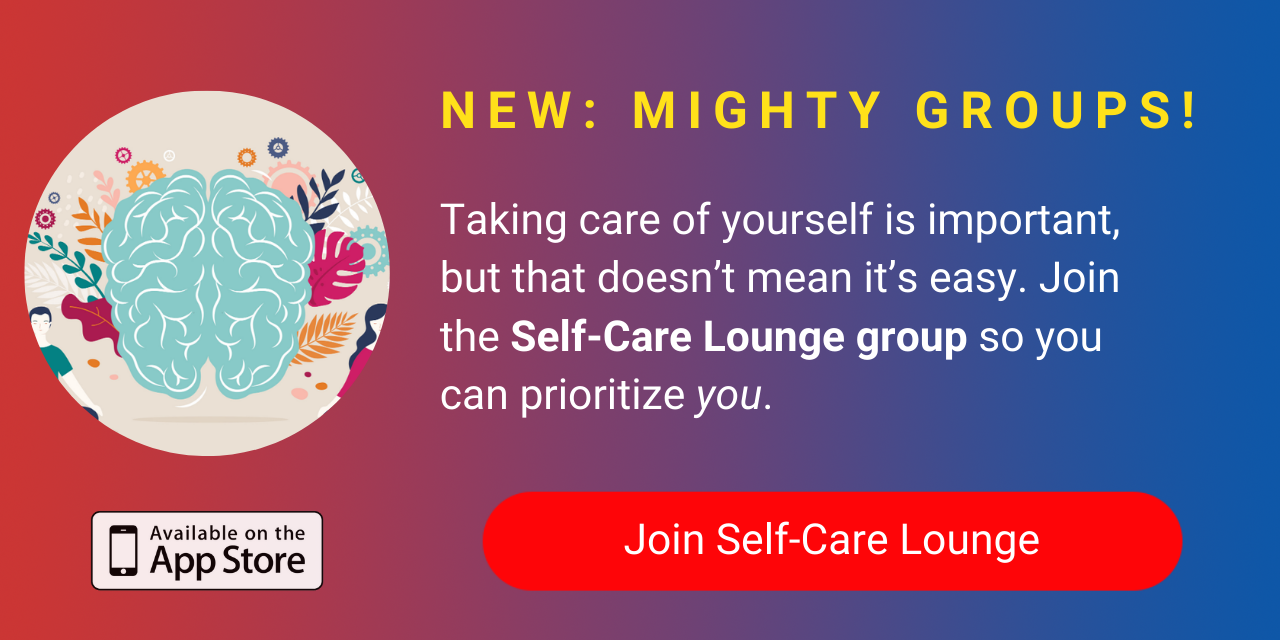I have always been odd. In elementary school, I tried to be friends with the kids who bullied me. In middle school, kids thought I was mute, and as high school began, my anxiety started to crush me.
During doctors’ appointments for anxiety medication, my doctor came to the conclusion I had PTSD and autism. I knew this after spending years looking for reasons certain things were hard for me. I found the list of signs of autism in girls, and I knew it was the reason.
During the current pandemic, I have found lots of information and time to myself, where I have been able to quit masking — “camouflaging” my signs of autism subconsciously or consciously to meet social expectations. In addition to making the person appear non-autistic, masking also conceals the need for support. Being able to quit masking has been a revitalizing experience.
My mom was told I might have autism when I was 16, but did not tell me till I was 17. I assume she put “Autism” into Google, found harmful material from Autism Speaks, decided it was a bad condition and wanted to keep it from me.
So here is what I wish my mother knew.
Stimming is good; it regulates my senses to keep me from being overwhelmed. I have always stimmed, from when I got a bad hair cut and jumped up and down in my room to when I was 15 and made lots of little noises to myself. It’s so helpful. Now I proudly stim in all kinds of ways, jumping, humming, flapping my hands, and contently wiggling my service dog’s ear. Stims help make the day good and not overwhelming. It’s how my brain works.
Second, I have empathy and valid feelings. She has judged me for not showing empathy and caring the way she likes, but I care more than she can ever understand. I might not care to tell the white lies everyone expects, but I care when my friend feels bad or when someone needs help. I care more than many others about things that count. So don’t tell me I don’t have empathy.
I have a very particular diet, the things I will eat. This is a mix of what my safe foods are and executive dysfunction. Both of these things are important when learning about autism. My safe foods are the foods that don’t overwhelm me, that are bland, basic and safe for me. The second thing that makes meals harder for me is executive dysfunction. It is incredibly hard to start a task, finish a task, and move on to the next task. Being hungry, getting up, finding, fixing and eating food are all tasks, and doing that three times a day is extremely difficult, especially when it’s not the only task of the day or when it interferes with another task like schoolwork.
This struggle is something my mom never came across in her attempt at research, so she takes it as laziness and procrastination. This is a difficult situation to navigate and needs a structured schedule laid out by a therapist to solve, instead of ignorance. This struggle she does not see dissolves away my energy and erodes my physical health.
Lastly, I should have been told; I have been taking a full load of college classes since the summer before 11th grade. I am kept from the accommodations I qualify for and would benefit from because she does not want me to “use it as a crutch.” My brain works differently than how some of my classes are played out, and it is hard for me to compensate for the readings and analogies I don’t understand. I can’t work ahead or start assignments early. I can barely begin assignments before they are due because starting a task is hard even if I understand and excel in the subject.
My service dog Harlow is multipurpose. He helps navigate my executive dysfunction by being there for me to take care of. I may not be motivated to take care of myself when I need it, but I take care of him every day. I will wait hours after I feel the need to get food, stretch, or take a bathroom break because of the difficulty of starting a task. Harlow’s dog needs for outside time, potty breaks, and meals force me to get up and then maybe start a task for myself.
I hope this helps other teens with autism learn something they did not know about themselves and the community, and I hope this helps parents to learn about something they may have missed.
Getty image by Daisy-Daisy.


